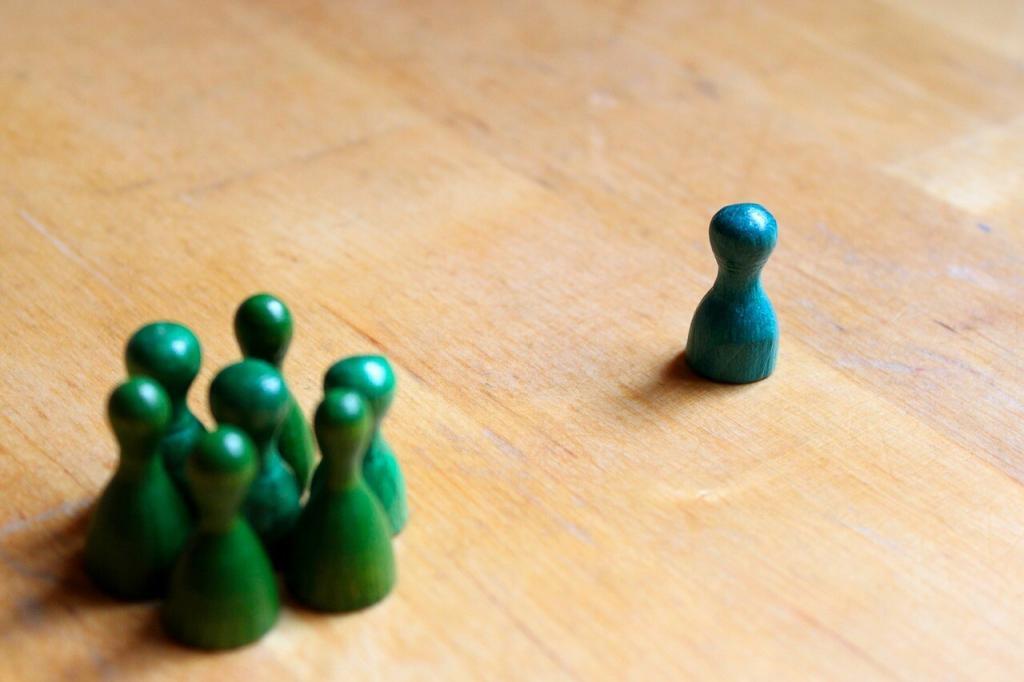
The Mystery of the Exodus
“Making a Distinction”
When you turn the page from Genesis to Exodus, you have just jumped 400 years into the future… from where Abraham, Isaac, Jacob, and the 12 sons of Jacob left off – living in Egypt but living separate from the Egyptians. Apparently, they were on a literal and cultural “island.”
When the persecution of the Jews began in chapter 1 of Exodus, it was quite easy for the Egyptians and the Israelites to distinguish one from another. The Israelites land was called Goshen. We don’t really know what the word means; it may mean “cultivated.” Joseph, who had become second in command only to Pharaoh, knew beforehand that that is where God’s people were to live when they moved to Egypt. (Genesis 45:9, 10) Goshen seems to have been in the Nile river delta area, and likely was segregated from the mainland of Egypt by a distributary of the Nile River.
There was a unity of sorts, because Joseph, who served as a type of Christ, brought together the family of Abraham and the family of Pharaoh and provided for them through God’s provision. In spite of this loose unity, there were many distinctions which would eventually be greater than the shared bonds:
- A different language
- A different weekly rhythm (Remember the Sabbath was in place, already.)
- The Israelites were isolated from the Egyptians by water, and essentially lived on an island.
- The Israelites’ land was better than the other Egyptian land.
- The males among the Israelites were circumcised; the Egyptians were not.
- The worship of different deities The Egyptians worshiped idols which reflected aspects of creation which they could not control. The Israelites worshiped The Creator, Who controlled all.
Those differences ultimately were a threat to Pharaoh who began to exterminate the Hebrew boys.
The 10 plagues reinforced the separation. Nine plagues in a row, touched only the Egyptians. But the last plague required special provision. No distinction would be made in the final plague of death. All would die – even Israelites – unless they had blood splattered on their door, the blood of an innocent unblemished lamb. When God “saw the blood,” He “passed over” the house.
In this day and age it is easy to think about “us versus them” because of culture, economics, ethnicity, sex, politics, and so on. But we all share the plague of death. Yet, God makes a distinction: Christ.
God really would like that distinction to disappear! Not the distinction of Christ, but rather the distinction of those who believe in Christ and those who do not. St. Paul would write to Timothy, “… God our Savior Who desires all men to be saved and to come to the knowledge of the truth.…” (I Timothy 2:4). God wants all people to be saved. He wants all people to believe in Christ. He wants all people to be one. He wants to be the “Father of us all” just as He, in fact, is. But as long as people continue to worship the creation rather than the Creator – as long as they refuse to listen to the Word Made Flesh – as long as they refuse the blood which He has prepared to place over the door of their heart, that distinction will be made.
Prayer: Lord Jesus Christ, it so easy for us to think about us versus them. You earnestly desire that everyone would be one. You want everyone to be faithful to You and enjoy the peace that passes understanding and the forgiveness of sins and fellowship with You. Bless us so that we want the same thing. We thank You, that by Your grace, You have made this distinction for us. Amen.
